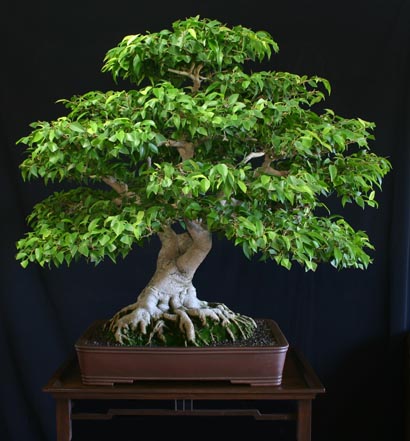
So, usually we’re talking about big trees on this blog. Today our partner Sarah K. Faiks, a sustainable landscape architect with the Kestrel Design Group, flips us on our ear and discusses small trees instead — and what bonsai has to teach us about urban tree planting techniques.
The art and practice of bonsai has been around since at least the 6th century. Bonsai takes tree species that typically grow as large canopy trees in the natural environment and applies cultivation techniques to produce miniaturized versions.
In order to achieve this, potential canopy tree-sized specimens are grown and cultivated in containers that greatly reduce available soil volume, restrict root growth, decrease nutrition uptake, and minimize essential soil biology. In addition to the root constraints of containers, bonsai trunks, branches, and foliage are extensively shaped and manipulated to meet specific aesthetic goals. The resulting bonsai is a tree that, although genetically identical its canopy-sized cousins, is a mere fraction of its potential size. Keeping bonsai trees healthy under such extreme and stressful growing conditions takes constant care and a trained hand.
Compare, as an example, the ficus benjamina bonsai (above) with the full size ficus benjamina (below).
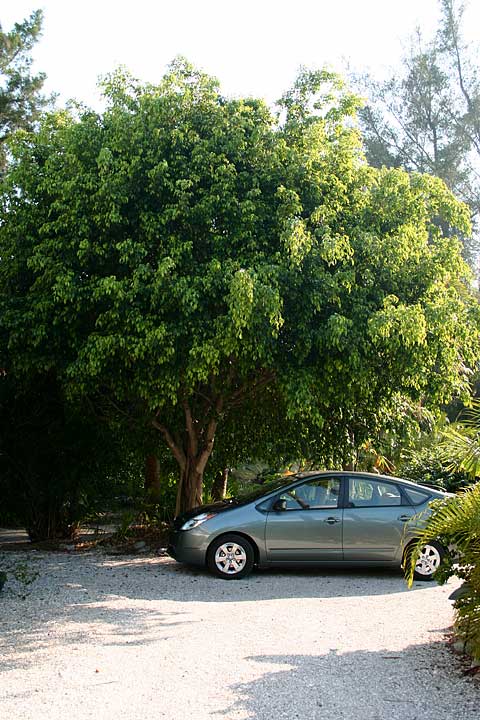
While completely unintentional, the art and practice of bonsai is still used today in nearly every urban planting. It sounds strange to say, but current planting techniques are nearly identical. Street trees are generally cultivated in containers of compacted fill and pavement, that, similar to bonsai containers, greatly reduce available soil volume, restrict root growth, decrease nutrition uptake, and minimize essential soil biology. Our urban trees are also heavily pruned and manipulated to accommodate the infrastructure constraints of the city, such as overhead utilities and vehicular traffic.
The result of our current urban tree planting techniques is the urban bonsai. We are accidental experts at growing small trees in urban environments. Just take a look around! I’ve included a couple of examples of urban bonsai below.
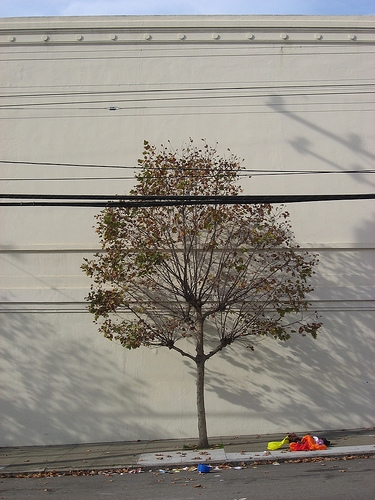
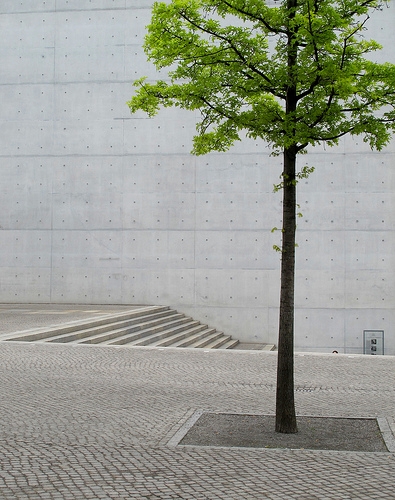
Perhaps if we could provide our urban bonsai as much care and attention that they need to survive, they could have a fighting chance to be healthy, albeit miniaturized. Better yet, I think we should work to provide growing conditions that allow urban trees to thrive and reach their potential mature canopy size.
Top Images: Perfect Island and ArtofBonsai

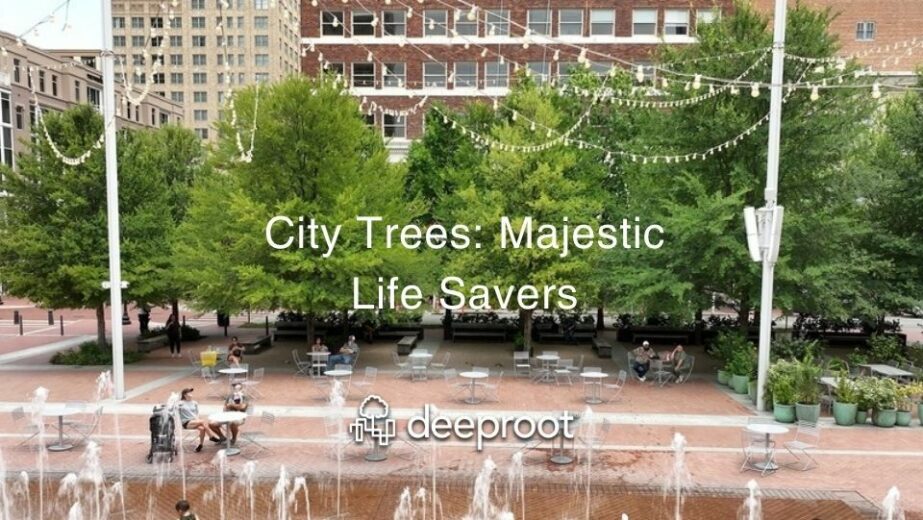
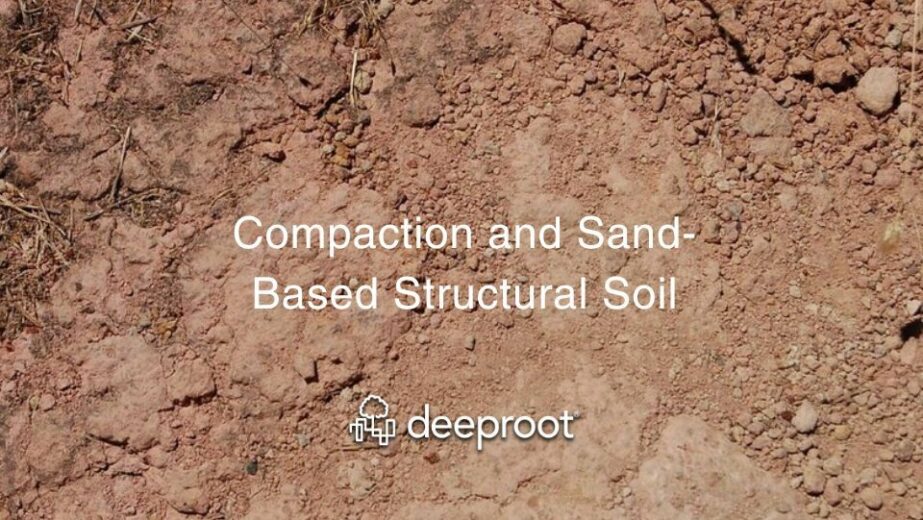


test test test